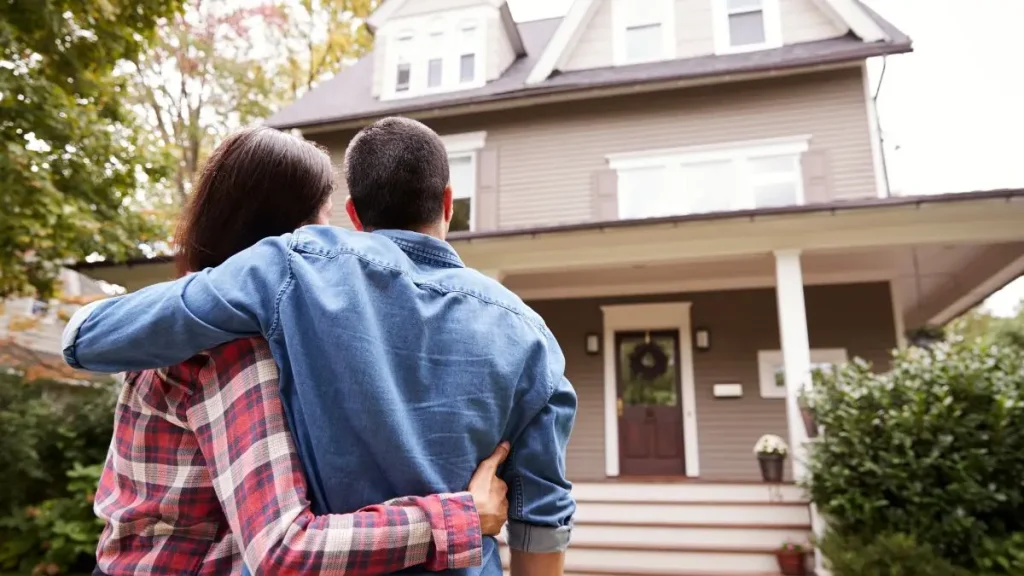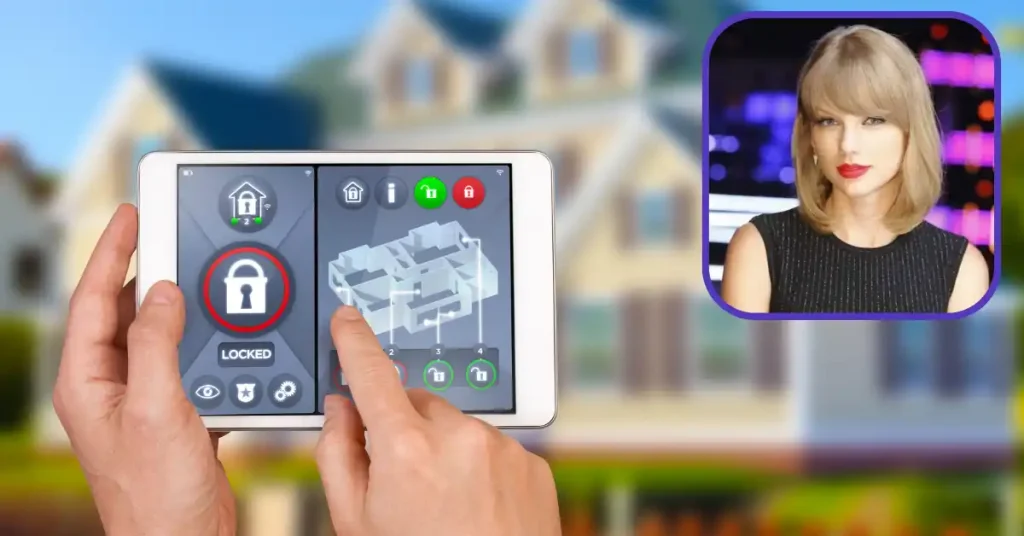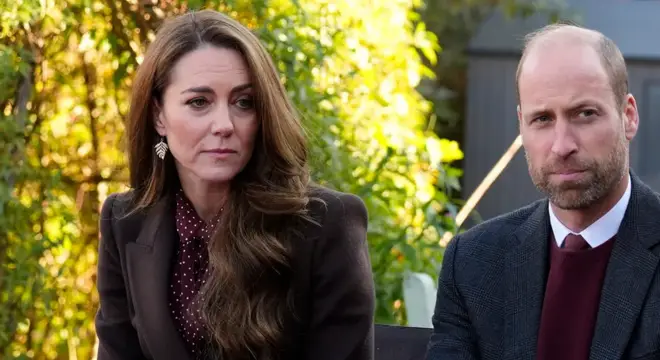Migrant Influencer Deported After Sharing Home Invasion Tips: A Home Security Lesson”
You might’ve seen his name pop up on TikTok or in the news recently—Leonel Moreno. He’s not your usual influencer. He’s a migrant from Venezuela who started going viral for some seriously controversial videos.
Instead of sharing life tips or funny skits, he was out there telling people how to take over empty homes in the U.S. Like, actual step-by-step “home invasion” advice. And he didn’t stop there—he’d post clips flaunting cash, bragging about how migrants could live rent-free by squatting in people’s houses. No shame. No filter.
It blew up. And yeah, people were furious. Especially homeowners. I mean, imagine you leave your place empty for a few weeks and someone just moves in because they watched a TikTok tutorial? That hits a nerve.
Eventually, the authorities got involved. ICE tracked him down and deported him back to Venezuela in March 2025. He’s gone now, but the fear? Still very real.
That’s why this story matters. Because what started as a viral stunt made a lot of people stop and ask—could this actually happen to me?
From TikTok Fame to Deportation — The Timeline
Let me walk you through how this actually went down.
Leonel Moreno wasn’t some random guy who posted once and disappeared. He’d been active on TikTok for a while. But when he started telling people how to take over empty homes in the U.S.—that’s when everything blew up.
He didn’t just drop hints. He straight-up said migrants could walk into unoccupied houses and live there. No rent, no permission. He acted like it was normal. Even worse? He said it was their “right.”
There’s a piece on uInterview that covered this in detail. Moreno was basically saying Americans should be fine with it. Like, if your home’s empty, it’s fair game. That kind of mindset pissed a lot of people off—and rightly so.
Once those videos went viral, it wasn’t just social media reacting. ICE got involved. People were tagging officials, the media ran it, and pressure built fast. It didn’t take long. By March 2025, he was deported back to Venezuela.
But here’s what’s really stuck with people—he may be gone, but the stuff he posted? Still online. Still spreading. And now homeowners are left wondering if someone else might try the same thing.
Squatting Laws in the U.S. — A Legal Overview

This part’s gonna surprise you.
A lot of folks assumed Moreno was just making stuff up. But no—what he said actually ties into some real, legal gray areas in the U.S. And yeah, that’s what makes this whole thing way more serious than a few viral clips.
There’s this thing called adverse possession. Sounds boring, but here’s what it means: if someone lives in a property for long enough without getting kicked out, in some states they can actually claim legal rights to it. No joke.
Hindustan Times called this out in their report too. Moreno knew about these laws. He wasn’t guessing—he was using them to make his videos sound more believable. And that’s exactly what makes it dangerous. It wasn’t just trolling—it was calculated.
Now get this—in some states, 30 days of occupancy without action from the owner can start giving squatters leverage. Thirty Days. You go on vacation or leave your second home unattended, and if you don’t act fast, it becomes a legal mess.
So yeah, this isn’t about whether you lock your door. It’s about whether the law’s on your side if something like this ever happens.
Ever heard of adverse possession before this? What would you do if someone tried this in your neighborhood? Drop your thoughts in the comments — curious to hear how others feel about this.
Some of these actions reflect a wider trend in how the U.S. is handling undocumented migrants — not just influencers like Moreno, but entire groups being processed and sent back under new programs. Here’s a recent case where 64 migrants were deported in one wave.
The Social Media Effect — How Platforms Amplify Such Content
Let’s be real—this whole thing wouldn’t have blown up the way it did without TikTok.
I mean, Moreno didn’t just quietly post advice in a private group. He was using TikTok’s algorithm to spread it like wildfire. And it worked. Millions of people saw his videos—some outraged, some curious, and honestly, some probably thinking about trying it.
This is the kind of stuff social media does best, right? It rewards content that shocks people. The more controversial, the more viral it gets. And when platforms don’t step in quickly, that content stays up long enough to do real damage.
Now, you’d think a video teaching people how to take over homes would get taken down instantly. But no—his stuff stayed up for days, sometimes weeks. That’s more than enough time for the wrong people to latch on.
And it’s not just TikTok. Clips started circulating on Twitter (or X) and on other platforms, people were arguing about it. Suddenly, Moreno wasn’t just some guy online—he became a symbol of what people fear about the system being exploited.
NEW: TikToker is going viral by telling illegal immigrants how to “invade” homes in America thanks to progressive squatting laws
— Collin Rugg (@CollinRugg) March 20, 2024
Remarkable.
“We can invade a house in the USA, what do you think about this new law?” a video from one TikTok user read.
The man said he has African… pic.twitter.com/b92DT9fYq7
That’s the scary part. Once something like this hits the algorithm, it spreads faster than facts. And by the time platforms react, the damage is already done.
If you’re someone who likes staying ahead of stories like these — before they hit mainstream news — there are a few solid community channels worth checking out that break down these trends early. One of them’s been tracking stuff like squatting cases, immigration shifts, and policy changes in real-time updates.
You’ll know what I’m talking about if you’re in one of those WhatsApp broadcast lists.
Protecting Your Home — Practical Steps for Homeowners

Alright, now the big question—what can you actually do?
Because let’s be honest, just locking the door isn’t enough if someone decides to squat and try to game the system. But there are things you can do to stay a step ahead.
First off, if you’ve got a second home or rental property, check on it regularly. If you’re out of town, have someone you trust swing by. Just showing that a place is being watched makes a huge difference.
Next, post clear “No Trespassing” signs. In a lot of states, that can legally protect you if things go sideways. Sounds simple, but it matters.
Install security cameras. Not just doorbells—real surveillance. If anything happens, you’ve got proof. And trust me, documentation helps a lot if you ever need to go to court.
Also, know your local laws. Squatting laws change state by state, and in some places, even city by city. A five-minute call with a local attorney could save you months of headaches later.
And if you ever suspect something’s off—act immediately. Don’t wait. The longer someone stays in your property, the harder it gets to remove them. That 30-day clock we talked about earlier? It starts fast.
Policy Responses — Government and Legal Actions Post-Incident
So yeah, when Moreno’s videos started blowing up, people weren’t just mad online — they wanted action. And honestly, the government didn’t have much choice. It wasn’t just a TikTok drama anymore — it was turning into a public safety issue.
According to New York Post, after Moreno was deported, ICE and DHS released statements saying they were stepping up monitoring of social media activity tied to illegal squatting. Not just that — local lawmakers in a few states started calling for stricter laws around squatting and faster eviction processes.
Some cities have already started looking at reforms. They’re pushing for laws that allow police to act quicker when squatters take over a property — instead of dragging things out through civil court for weeks or months. There’s even talk of creating fast-track legal processes for homeowners to reclaim their property.
And let’s be honest — none of this would’ve happened if people didn’t speak up. The pressure came from regular folks who were like, “Yo, this can’t be allowed to slide.” Politicians noticed. Law enforcement noticed. And the system’s now trying to catch up.
What kind of squatting law reform do you think actually makes sense? Should the police be able to act faster, or is that too risky? Share your thoughts — curious where people stand on this.
Conclusion
So now that you’ve seen the whole picture — Moreno’s videos, the legal loopholes, the government reaction, and what the experts are saying — one thing’s pretty clear: this isn’t just a “viral moment.” It’s a wake-up call.
The idea that someone can move into your property, call it “squatting,” and suddenly turn it into a legal tug-of-war? That’s not something most of us ever planned for. But the laws, the systems, and even the platforms we all use every day — they’re still catching up to this kind of behavior.
If you own a home — especially one that sits empty part-time — now’s the time to get proactive. Know your local laws. Keep your place secure. Don’t assume “this could never happen to me,” because clearly, it already has.
And look, this isn’t about fear — it’s about awareness. The more people understand how this stuff works, the less likely it is to keep happening unchecked.
Want more real breakdowns like this — minus the noise? Hit follow so you don’t miss the next deep-dive when this story (or the next one) takes a new turn.
Disclaimer: This article is for informational purposes only and does not constitute legal advice. Squatting laws vary by state, and readers should consult a qualified attorney for guidance. All facts are based on publicly available sources at the time of writing.


